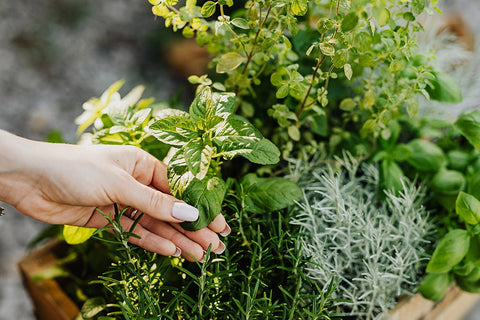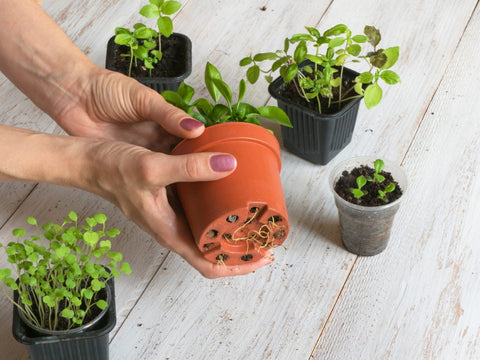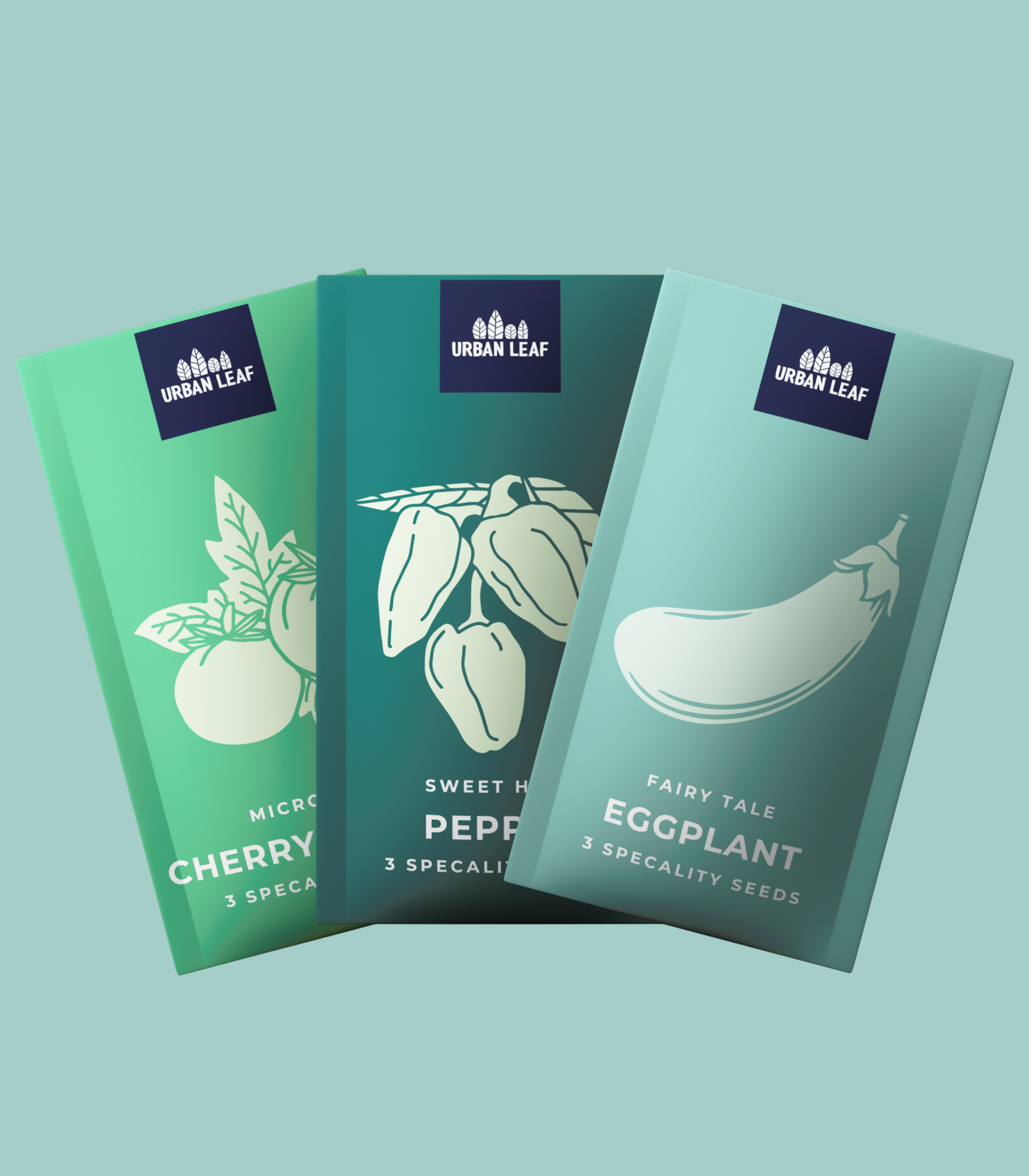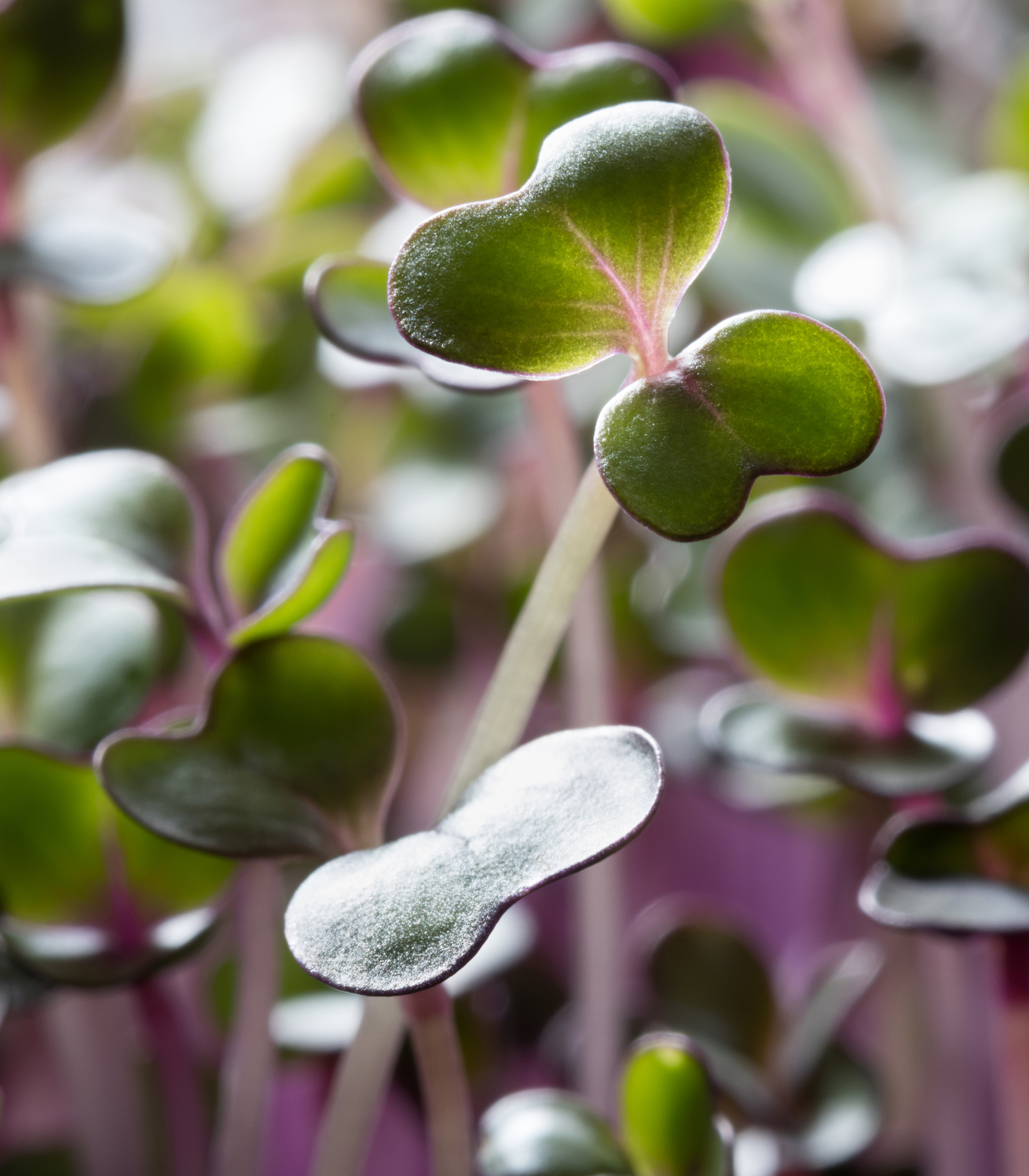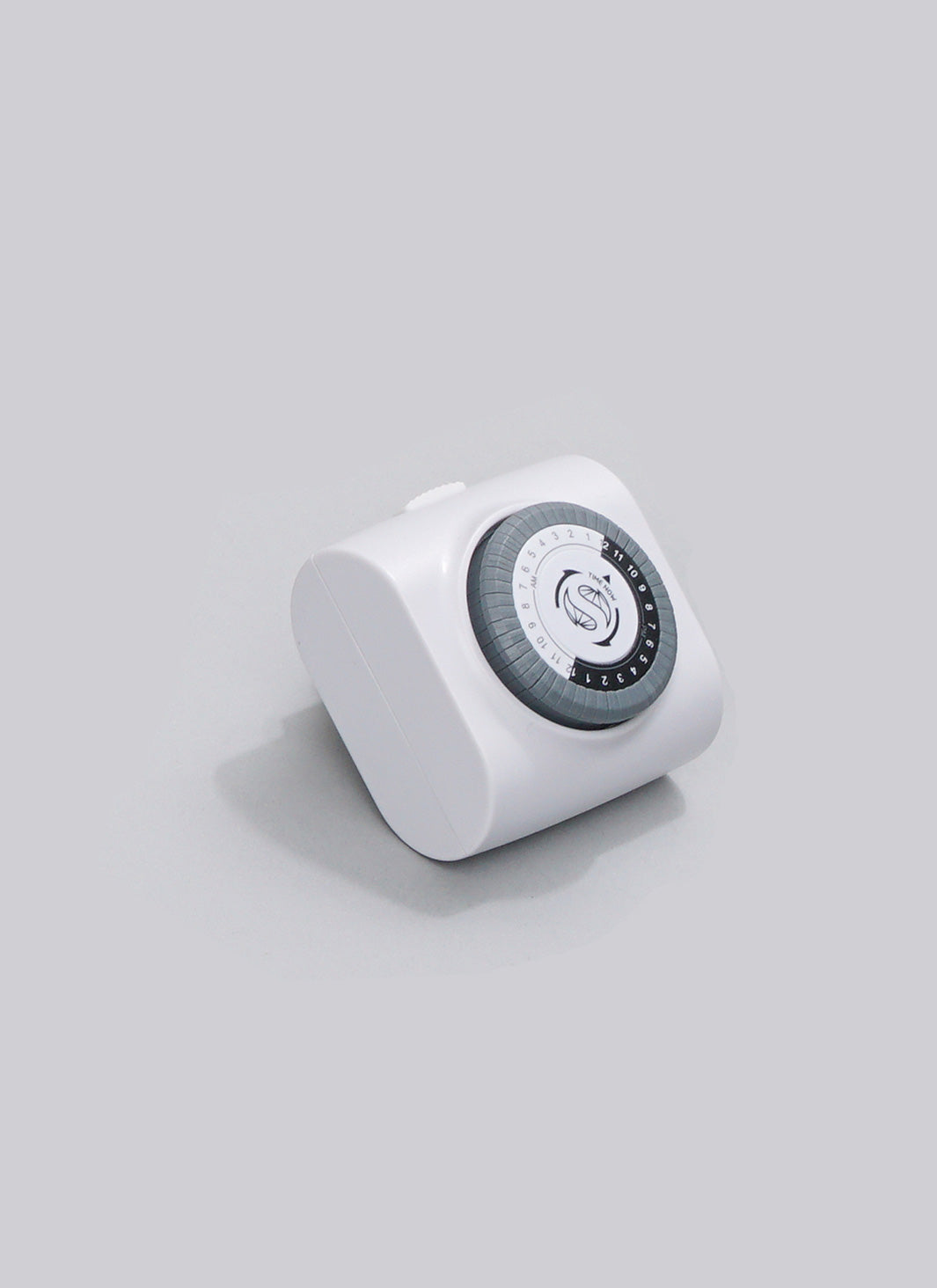So you want to start growing your own herb garden...in a container? But you don't want just one kind of herb; you want them all! And you're limited on outdoor space, so you need to make the most out of each square foot.
We're often asked, "Can I plant multiple herbs in one pot?" The answer is yes! You can grow different types of herbs together in one container as long as they share a growing season and require the same amount of light, water, and nutrition.
In this blog, we’ll tell you more about what herbs you can grow together in the same pot.
Benefits of Companion Planting
Aside from saving space, did you know that planting herbs in one pot can also benefit the plants’ health? Companion planting is one of the simplest ways to create a mini-ecosystem where different herbs help each other grow to their full potential. Here are a couple of awesome advantages to companion planting:
Companion Planting Saves Space
This one is a no-brainer. The first and most apparent benefit of planting herbs in the same pot is that it saves tons of space. This is perfect for those living in urban areas trying to make the most out of their tiny gardens, especially all you balcony gardeners and fire escape farmers!
Companion Planting Improves Moisture Retention
When you bundle up herbs together in one pot, you have less exposed soil. This slows down water evaporation, so your pots won't dry out as fast. That means less watering per plant and less maintenance for you.
Companion Planting Reduces Disease Issues
When plants of the same species are planted next to each other, diseases spread quicker. But when you plant different kinds of herbs beside each other, it can help break up your garden and slow down the spread of disease. Countless testimonies have noticed that planting certain crops together can make them healthier and taste better.
What Herbs Can You Plant Together?

Know Your Local Gardening Climate
First, you need to get to know your local gardening climate. If you live in a mild to cool climate, like New York, you can often grow a variety of herbs together in the same container during the same growing season. In areas with such climates and shorter growing seasons, warm- and cool-season herbs may grow happily together in the same container; think basil and parsley.
If, however, you live in a hot climate, where you grow warm-season herbs and veggies in the summer and cool-season herbs and veggies in the fall and winter, summer temperatures are perfect for basil but too hot for parsley. In a hot climate, a mixed container of basil, oregano, and sage would be a happier summer combination.
Moisture-loving Herbs
You can plant herbs together as long as they have the same growing needs. If you’ve got some basil, parsley, and lemon balm seeds, plant them in one container with proper spacing. These herbs like water but not wet feet! The soil should be moist to the touch, like a wrung-out sponge. Basil, parsley, and lemon balm thrive under full sun and good drainage. Check out our Culinary Garden Kit for an easy start.
Mediterranean Herbs
Mediterranean herbs such as rosemary, cilantro, thyme, oregano, sage, chives, dill, and lavender love lots of sunlight and drier soil. They thrive with nutrient-rich potting mix. Unlike moisture-loving herbs, these prefer dry soil between waterings.
Mints
Mint herbs are invasive when planted in the ground, making containers perfect for them. Plant different varieties of mint together. Mints like spearmint, peppermint, catmint, orange mint, and lemon balm can grow in a good-sized container. Place your mint in a part shade/part sun location. Mint is shade-tolerant, making it ideal for indoor windowsill growing or under a grow light.
What Herbs to Plant?
If you’re still undecided, plant herbs you like to cook with or use as garnishes. Basil pairs well with parsley and oregano for pasta dishes. For meat lovers, rosemary, thyme, and oregano are perfect for flavoring steaks, roast chickens, and stews. Remember the golden rule: plant herbs together only if they have the same growing needs. Otherwise, get more pots!
Growing Herbs Made Easy
Growing herbs in your space isn’t complicated if you’re equipped with the right knowledge.
Read our next blog if you're ready to learn how to care for your mixed herb planter!

